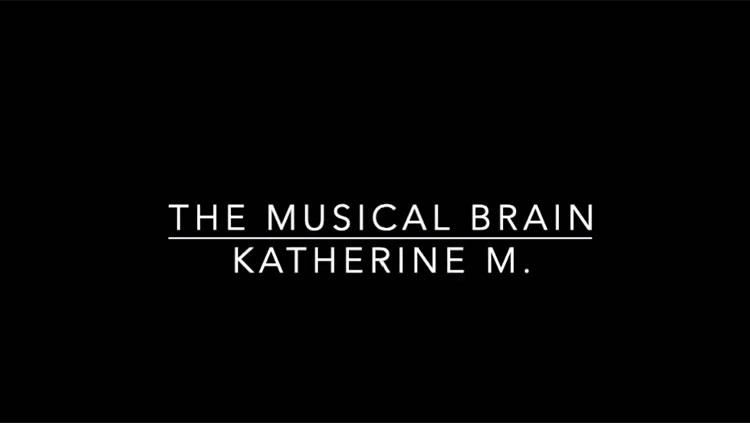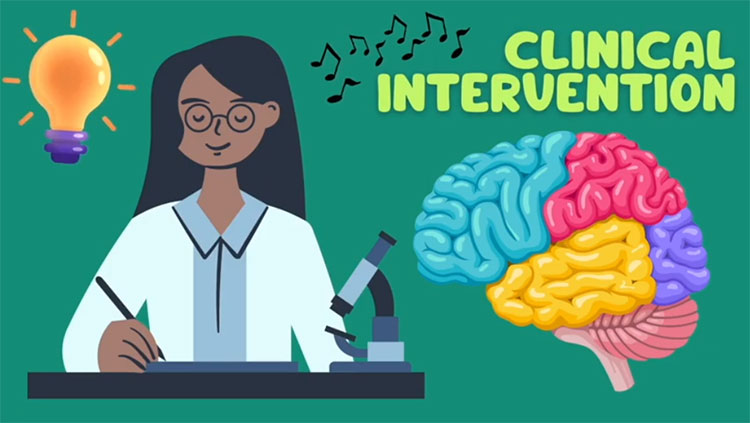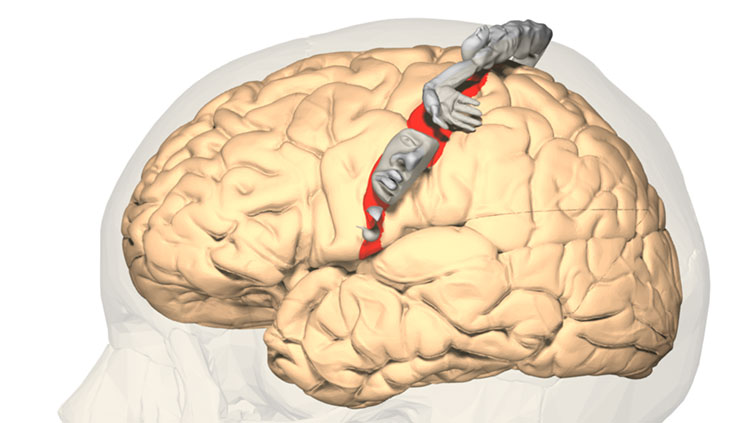Thoughts in Headphones: Brain Wave Music
- Published5 Jan 2023
- Source BrainFacts/SfN
The discovery of the electroencephalogram, or EEG, almost a century ago gave us a visual on the activity in our brains. Many years later, scientists and musicians translated those brain waves into music. Researchers are studying if music composed from these EEG signals can have an effect on our brains. In particular, scientists have looked at its effect on cognitive ability, anxiety, pain, and sleep.
This is a video from the 2022 Brain Awareness Video Contest.
Created by Sihe Wang.
CONTENT PROVIDED BY
BrainFacts/SfN
Transcript
[Scrambled thoughts]
[Person 1] Have you ever imagined that you could make a piece of music just by "thinking?" Do you suffer from a bombardment of information in your home study, are unable to concentrate, or are unable to sleep? If there is a kind of music that can get you into the study state as fast as "cheating," even into deep concentration, would you like to try it?
[Person 2] Of course! What is it?
[Person 1] This amazing music is called "brain wave music." Brain wave music (BWM) is a novel form of music that consists of processed brain waves presented in the electroencephalogram (EEG) signal, according to certain translation rules. Brain waves are the electrical signals emitted by neuronal activity in the human brain.
[Person 2] Hey, I’ve never heard of it. How is it made?
[Person 1] For music generation, an overview of the method is shown in the figure where the blue arrows indicate the conceptual framework, and the pink arrows indicate the actual implementation in this work. The EEG data is retrieved as a way to depict mental-like bodies and projected as musical parameters to generate music.
[Person 2] It's amazing! The person who created this music is definitely a genius!
[Person 1] Yeah, in 1934 neurophysiologist Edgar Adrian first converted EEG signals into the low-frequency rumbling sound signal at one end and played it.
Then, with development, the world's first brain wave music was introduced in 1965. In 1967, Richard Teitelbaum made the first use of synthesizers in the musical work “In Tune,” which used brain waves and physiological signals, such as the heartbeat, to play together. By the end of the 20th century, scientists could control the playing of complex instruments through brain waves, making brain wave music increasingly pleasing to the ear.
[Person 2] But having said that, what precisely can it help us with?
[Person 1] There are four main effects of brain wave music, including improving cognitive ability, reducing anxiety, relieving pain, and improving sleep. In the cognitive field, research has shown that brain wave music can make the average person, even those with ADHD, more focused, improving productivity, and academic performance, and avoid the interference of lyrics with learning efficiency.
Brain wave music showed effects on obsessive-compulsive, interpersonal, depression, anxiety, hostility, paranoia, and psychotic factors. The relaxation curve of brain wave music subjects showed its calming effect. Therefore, it can be used as background music in psychological clinics.
A 2016 trial demonstrated that brain wave music relieves orthodontic pain and reduces pain perception in subjects. Meanwhile, brain wave music made from brain waves during slow-wave sleep can enhance sleep quality and improve sleepiness.
[Person 2] Can I become a straight-A student by listening to brain wave music for a long time?
[Person 1] It is worth noting that the effect of brain wave music is mainly to relax and relieve physical and mental tension. But "listening to brain wave music for a long time can become smart" is pure pseudoscience. There is no shortcut to learning without effort.
[Person 2] Understood. l'll definitely try brain wave music next time I can't concentrate at work or school!

















